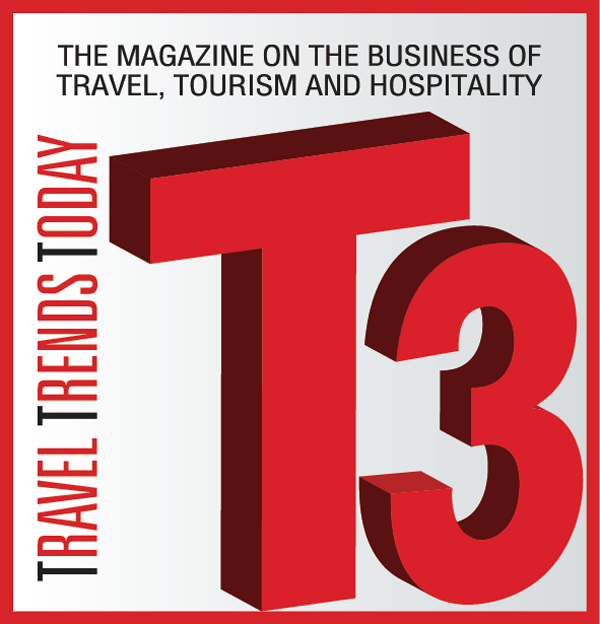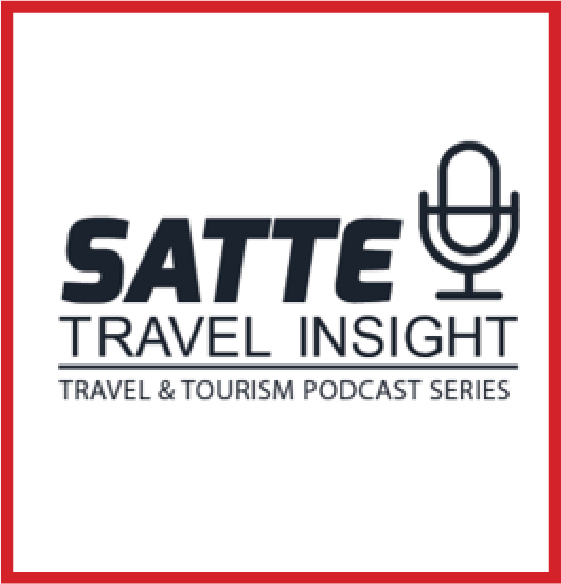47% Indians fall victim to travel scams: Survey
 Representative image
Representative image
Over INR 40,000 was lost by nearly 1 in 5 Indians who fell for a travel scam while on holiday. Also, 82% of Indians traveling for major sporting events such as IPL are concerned about ticket scams.
McAfee released the findings of its ‘India Safer Summer Travel Research’ revealing how Indian holidaymakers are not only cutting back on spending but struggling to spot scams. As Indians hunt for bargains ahead of their summer holidays, many struggle to tell real from fake – whether it’s a deal, a booking or a travel confirmation – leaving them vulnerable to increasingly sophisticated scammers looking to cash in.
The findings reveal that while 86% of Indians research common travel scams before booking, nearly half (47%) have fallen victim. The allure of bargain deals on airfare, accommodation, and cheap excursions often entices travellers to fake payment sites and invalid bookings. These scams have a significant impact, as over half (53%) of Indian travellers who experienced them lost money, with nearly 1 in 5 losing over INR 40,000. Younger holidaymakers aged 25-34 are the most at risk, with 31% clicking on malicious confirmation links and 25% deceived by manipulated travel photos.
During Indian Premier League (IPL) 2025 season, a surge in ticket bookings and holiday plans reflects enthusiasm particularly among 25-34-year-olds, who dominate attendance at such sporting events with a 57% participation rate, closely followed by 35-44-year-olds at 56%.
82% of people express concern about ticket scams and other online scams related to major sporting events, domestic and international. Of those, 60% of them plan to exercise extra caution when making online purchases, while 23% remain unsure about how to effectively avoid these scams.
More than 1 in 2 Indians (51%) report they or someone they know has fallen victim to a travel scam while on holiday. 21% provided a deposit on rental/accommodation that turned out not to exist upon arrival, where they were not listed as registered. 18% provided a deposit for an event or excursion, and the provider never showed up. 18% provided a deposit or prepaid for an excursion, and it was nothing like what was marketed 12% had their passport or ID stolen, which led to identity theft. 11% had their bank account information compromised.10% had a boarding pass QR code stolen. 9% had their passport or ID stolen while on vacation.
Many Indians are actively seeking out deals, on accommodation (46%), airfare (39%) and excursions (40%). People's eagerness to secure the best prices online may make them more susceptible to travel scams. Among the most common scams while booking travel, 22% clicked on a confirmation link from an unknown source that turned out to be a scam and/or malicious, 19% provided their credit card/bank card details on a fake site, which was then used for fraudulent payments,18% encountered manipulated photos of their holiday destination.16% were tricked into booking accommodation or trips that didn’t exist and 10% spoke with someone to plan their trip who didn’t exist.
"With the peak summer travel season underway, there is a critical need for increased vigilance against travel scams due to the combination of people eagerly seeking budget-friendly options and the rising sophistication of fraudulent activities," said Pratim Mukherjee, Senior Director of Engineering at McAfee. "With more than half of Indian holidaymakers or their acquaintances having experienced scams, it's essential for everyone to verify sources, use secure payment methods, and be wary of deals that seem too-good-to-be-true to safeguard their dream vacations from becoming bad experiences.”

